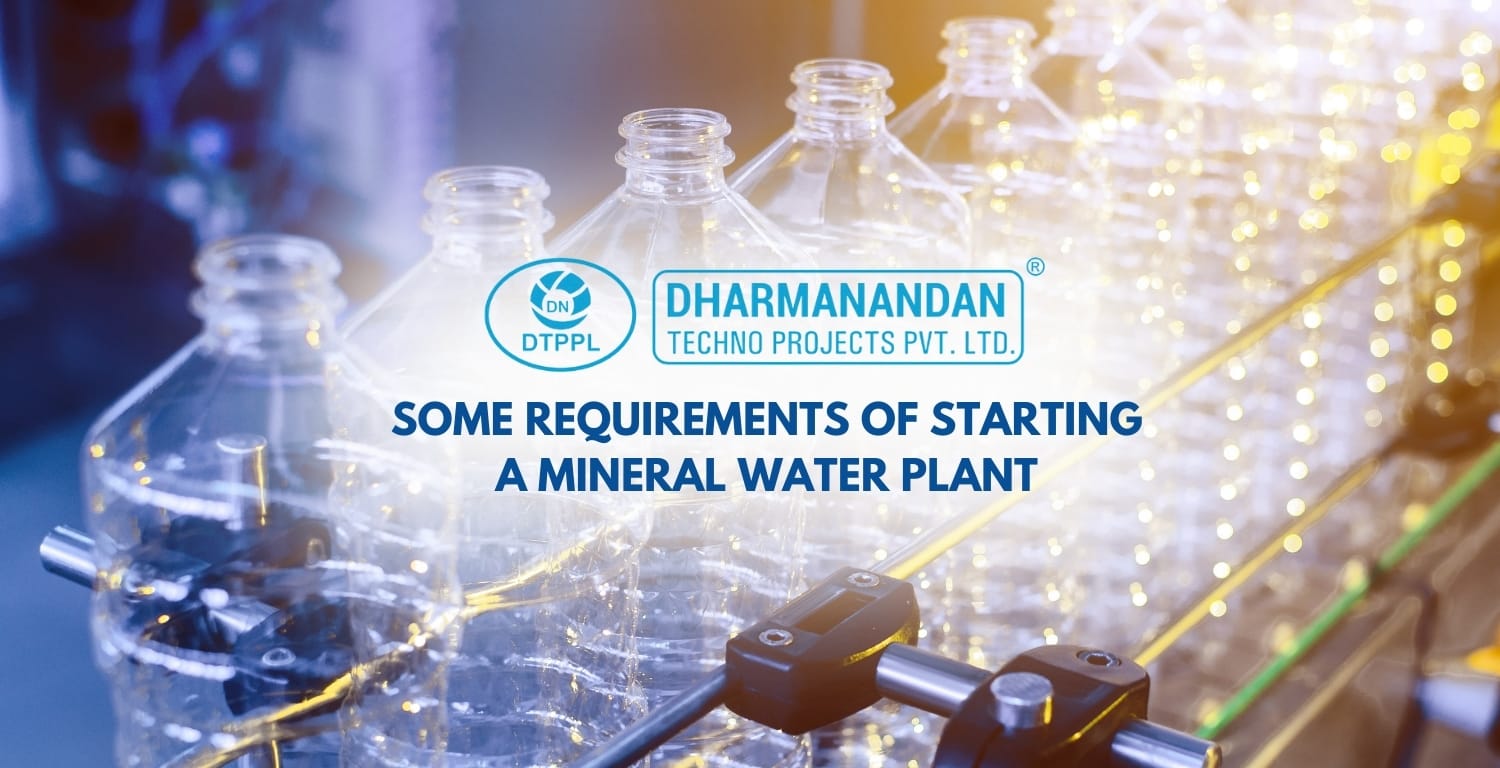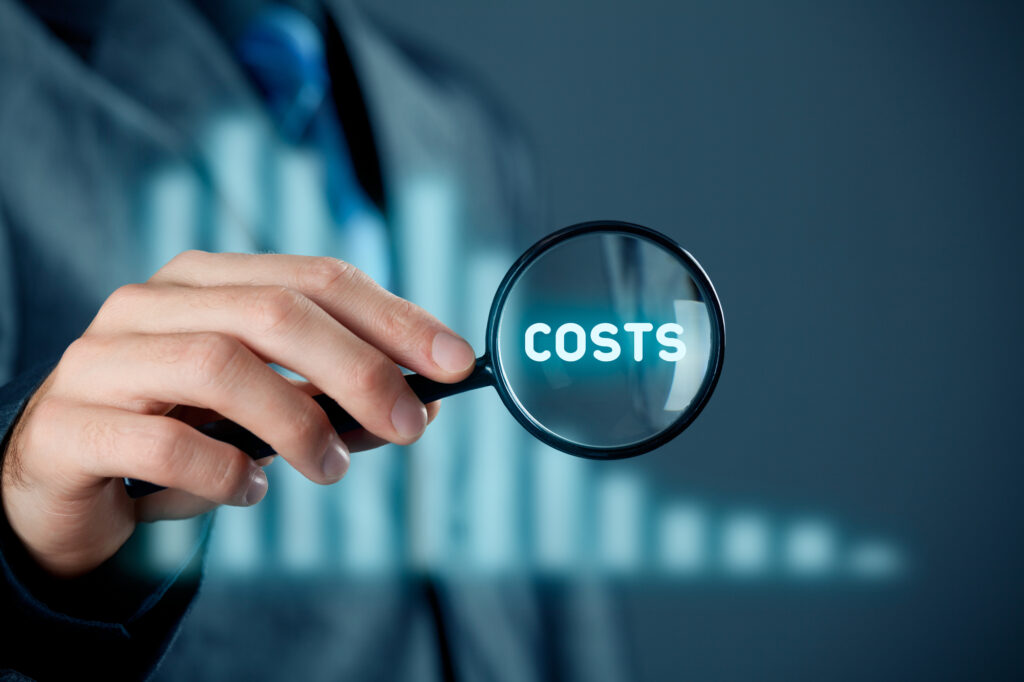
Table of Contents
What Are Some Requirements Of Starting a Mineral Water Plant?
January 20, 2022
Investing in a mineral water plant project nowadays is a fantastic decision. However, before you begin your new business, you should review some of the essential items that you will want when establishing a new mineral water facility.
Before establishing a mineral water business, there are a few things to consider.
Business Planning and Market Research
Importance of Detailed Market Research
Comprehensive market research enables you to gauge the demand for mineral water in specific geographical areas. It identifies consumer preferences, prevailing pricing trends, and seasonal fluctuations. Proper market analysis helps in accurate forecasting, thus minimizing risk and optimizing resources.
Identifying Target Customers
Clearly identifying your target customers is pivotal. Typical market segments include:
- Retail Consumers: Households and individuals who prefer packaged drinking water for daily consumption.
- Corporate Customers: Offices, businesses, and institutions requiring bulk packaged water regularly.
- Event Venues: Weddings, corporate events, conferences, and sporting events often require large quantities of bottled water.
Competitive Analysis and Unique Selling Proposition (USP)
Analyzing competitors highlights their strengths and weaknesses, pricing strategies, packaging designs, and distribution networks. Establishing a USP such as quality, pricing, innovative packaging, or additional health benefits helps your brand stand out and attract customers effectively.
Financial Management
Detailed Financial Planning
Financial planning involves estimating setup costs, operating expenses, and projected revenues:
- Fixed Costs: Machinery, licenses, land, and construction.
- Variable Costs: Raw materials, utilities, wages, packaging, and distribution.
Estimation of Capital Required
Approximate investment breakdown includes:
- Water purification equipment and bottling machinery.
- Laboratory setup for quality control.
- Licensing, certifications, and regulatory fees.
- Working capital for initial operations.
Funding Sources
Consider these funding avenues:
- Bank loans with SME-friendly interest rates.
- Venture capitalists or angel investors.
- Government subsidies and schemes supporting MSMEs.
Legal and Regulatory Compliance
BIS Certification
The Bureau of Indian Standards (BIS) certification is mandatory for packaged drinking water businesses. Compliance with IS 14543 standards ensures quality, safety, and consumer trust.
Pollution Control Board Approval
Acquiring clearance from the State Pollution Control Board confirms adherence to environmental guidelines. This includes wastewater management, emissions control, and sustainable disposal practices.
Environmental Clearances
Depending on your plant’s capacity and location, environmental clearance may be required. This involves a thorough environmental impact assessment (EIA).
Municipal and Fire Safety Permissions
Securing approvals from municipal authorities and fire safety departments ensures your facility meets local building codes, safety standards, and infrastructure requirements.
Location Selection Criteria
Water Source Availability
Reliable access to high-quality raw water sources (borewells, springs, rivers) is essential for consistent production.
Infrastructure and Connectivity
Ensure strong road connectivity for easy transportation of goods. Availability of electricity, drainage systems, and telecommunications infrastructure must be robust.
Proximity to Market
Proximity to major markets reduces distribution costs, ensures freshness, and enhances competitive advantage through reduced delivery times.
Space for Expansion
Adequate land area allows future expansion without additional relocation costs or operational interruptions.
Mineral Water Plant Manufacturers Require Various Materials.
- Raw water source, for example, and impounding reservoir, lake, or river canal
- Intake well
- Water pumping system
- Cascade aerator
- Alum mixer
- Clarifier
- Filter bed washing system
- Sand filters
- Sludge transfer pump
- Sludge removing system
- Chlorine dosing system
- The clear water pumping system
- Clearwater reservoir
- Scada instrumentation system
- Flowmeter and valves
- A Laboratory
Mineral Water Plant Cost
Denends of capacity of plant{1000,2000,5000,10000,etc LPH( Liter per Hour)}
Machinery Cost( quotation from Indian reputed water plant machine manufacturing)
Exact pricing of 5000LPH
Water Purification System=14.98L
Quality Control Lab=3.75L
Washing filling and packing machines=36.77L
Value Added machines= depends on what you add(say approx 5L)
Total=60.08L+(GST)
+Building Cost
Understanding the Mineral Water Plant Project Cost is crucial when planning your investment. The total expenditure depends on factors like plant capacity, machinery selection, and compliance with regulatory standards. While a 5000 LPH plant may cost around ₹60.08L (excluding GST), additional costs for land, construction, and operational setup must also be considered. Entrepreneurs should conduct a thorough financial analysis to ensure their budget aligns with the production scale and market demand. Proper financial planning will prevent unexpected expenses and ensure the business remains profitable.
Installation of Mineral Water Plant
First and foremost, decide where you want to put the plant. Look for dependable water sources. Analyze the source water thoroughly. Then talk to water treatment equipment vendors. The preliminary water analysis result will aid in the treatment process design. Complete all legal obligations at the same time. BIS accreditation is required if your plant is located in India. You may create a product package based on your budget.
A well-planned Mineral Water Plant Project Cost allocation ensures smoother installation and long-term sustainability. Securing a suitable location with access to a reliable water source is the first step, but equally important is budgeting for infrastructure and equipment. Expenses such as water treatment systems, bottling machinery, storage facilities, and laboratory setup should be estimated accurately. At this stage, partnering with an experienced provider like DTPPL can help businesses make cost-effective decisions, reducing unnecessary expenditures and maximizing efficiency.
DTPPL is here to assist you so that you do not have to go through the procedure and can relax about the prospect of setting up the entire mineral water plant on your own.
The mineral water turnkey project installation procedure can be time-consuming; our skilled personnel with extensive industrial experience provide the whole architectural plan and mineral water plant process from start to finish, taking into account technical criteria. We have the necessary machinery, such as jar filling machines, water bottle filling machines, water filling pouches, mineral water bottle making machine and more, to complete the setup efficiently. Our specialist consultants analyse our clients’ planting requirements and recommend the best mineral water plant cost/price and approach.
Our team not only aids you with the mineral water plant establishment, but also with the legal procedure and ISI / FSSAI licence consultation so that the process runs smoothly. We value customer satisfaction and adhere to the client-centered philosophy that has helped us achieve our goals.
Managing the Mineral Water Plant Project Cost efficiently also involves considering ongoing operational expenses. These include electricity, labor wages, maintenance, and marketing strategies to establish a strong brand presence. Many new entrants overlook these recurring costs, which can impact profitability in the long run. By working with experts like DTPPL, businesses can optimize their cost structure, implement automation where feasible, and ensure that financial resources are allocated for steady growth and long-term success.
Manufacturing and Bottling Process
Water Treatment and Purification Process
Detailed treatment includes:
- Raw Water Storage: Storing raw water from sources securely.
- Sand Filtration & Carbon Filtration: Removing sediment and chlorine.
- Reverse Osmosis (RO): Purification to eliminate dissolved impurities.
- UV and Ozonation: Killing pathogens and improving taste.
Bottling and Packaging Standards
Automated bottling lines should maintain cleanliness and quality standards. PET bottles are commonly used due to their durability and cost-effectiveness.
Quality and Hygiene Controls
Stringent hygiene protocols, regular quality testing, and timely inspections ensure product safety. Implementing HACCP (Hazard Analysis and Critical Control Points) guidelines enhances your process reliability.
Marketing, Distribution, and Sales Strategies
Distribution Channels
- Direct Sales: Engaging with retailers, supermarkets, and convenience stores.
- Institutional Sales: Supplying to offices, corporates, events, and hospitality establishments.
- Online Platforms: Leveraging e-commerce channels for broader reach.
Branding and Packaging
Eye-catching packaging differentiates your product. Clearly defined branding elements such as logo, slogan, and colors foster consumer recall.
Marketing Tactics
- Digital Marketing: Social media, SEO, content marketing to enhance visibility.
- Traditional Marketing: Print ads, banners, local events, sponsorships to establish a local presence.
- Promotional Offers: Discounts and bundle offers to encourage trial and loyalty.
Challenges and Risk Management
Operational Risks
- Supply Chain Disruptions: Maintain diversified suppliers to mitigate disruptions in raw materials or packaging supply.
- Quality Control Issues: Regular audits, staff training, and certification adherence reduce quality-related risks.
Financial Risks
- Cash Flow Management: Maintain adequate working capital, avoid excessive credit sales, and perform regular financial analysis.
Regulatory Risks
- Stay updated on regulatory changes to proactively adapt compliance measures, avoiding penalties or operational shutdowns.
Market Risks
- Keep abreast of market trends, competitors’ activities, and consumer preferences to swiftly adjust business strategies.
Conclusion:
The ISI / FSSAI license paperwork must be completed in order to start a mineral water facility. Because it poses a major threat to consumers’ health, it is critical that all rules are followed and all essential actions are done. Once the plant is properly set-up one can continue the business without any hassle.
About Author

Director – Global Marketing and Sales
Mr. Bhavesh from Dharmanandan Techno Projects Pvt. Ltd. has played a pivotal role in elevating the DTPPL brand to the global stage, leveraging his exceptional expertise in marketing and communications. He is committed to helping clients achieve significant growth while strengthening their own brands. Dharmanandan Techno Projects Pvt. Ltd. is a leading manufacturer and supplier of water purification systems and turnkey solutions for mineral water plants. With years of experience in designing and delivering high-quality water treatment solutions, the company provides end-to-end services, including system design, installation, maintenance, and ongoing support. Specializing in scalable and customizable water plants, DTPPL has successfully served industries worldwide, ensuring clean and safe drinking water across diverse applications.





